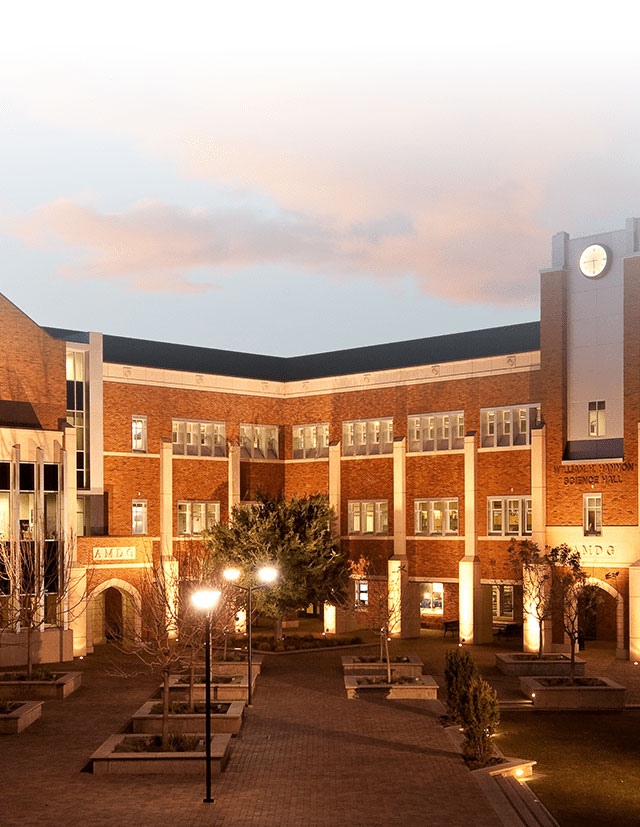My Soul Runs Deep Like the Rivers
My Soul Runs Deep Like the Rivers, is taken from one of Langston Hughes’ seminal poems, “The Negro Speaks of Rivers.”* The poem is a celebration of culture in that it speaks toward what the present outlook of African Americans was at the time. That outlook needed to honor the glorious legacy of Africa, the cradle of civilization, so to build hope for a glorious future.
June 2021 marked the poem’s 100th birthday, and the Loyola OEI uses it as a directional literary piece that still resonates as we still found ourselves in a global pandemic. Some pinpoint the poem as an inspiration for the Harlem Renaissance, and Langston Hughes, dubbed as its literary leader.
COVID exposed the racial unrest in our country, and none of us should forget the horror of what happened to George Floyd. As a nation, we can neither become paralyzed by his sacrifice nor become desensitized to the fact that more and more BIPOC folks and our LGBTQ+ communities are speaking out about how they too are also assaulted daily. And lastly, it does not serve anyone to point fingers. So, when we, our Loyola community posed the question: What do we do? The OEI, hunkered down on our school’s values while also reaching back toward the past.
*NOTE: The title refers to African Americans as the way they identified themselves in the early part of the 20th Century. We only use the term when citing the title of the poem.

Listening as Action
Dr. Igwebuike has taught out Loyola community that St. Ignatius “a leader in launching listening programs to foster inclusion and support for its student body, faculty and staff members, and administrators. Indeed, these initiatives would build upon our Catholic charisms, Jesuit traditions, Ignatian values, and Catholic social teachings by empowering our students to:
(a) embrace the diversity of each person’s uniqueness [cura personalis];
(b) promote a richer understanding of the interpersonal equity needs of others by focusing less on self and more on others [magis];
(c) foster deeper levels of inclusion and belongingness as God divinely designed us to live in community [ad majorem dei gloriam];
(d) support a holistic approach to personal and interpersonal development [care for whole person]; and
(e) allow them to “go set the world on fire” [ite inflammate omnia]

Our Meditation is NOT Passive
What this says is that the Harlem Renaissance provides a vision of hope for our current time. We all seek to promote social justice and amplifying the Harlem Renaissance as social justice helps us to align our work with our Ignatian values and other cultural experiences as well. But really, we hope to involve the entire Loyola community in four specific areas:
- Conversations: A set of numerous, year-long discussions such as a book club, film viewing or individuals wanting to know more about the OEI or our theme.
- Encounters: Meetings, team planning and mobilization (Ad hoc committees — students, faculty & staff)
- Trainings: 1-2 per semester (Some student peer-to-peer; faculty & staff)
- Programs: 3-4 events per year (Zoom, school-wide show cases/events)
These four areas all promote continual and proactive thought and action, not reactionary movements toward inauthentic practices. Our thematic approach allows the Loyola OEI will take an active role in leading these collaborative ventures with academic departments, student programming areas and partnering schools in order to promote a holistic intellectual examination of experiences, perspectives and contributions of various cultures and groups and to prepare students to live and work in a multicultural and interdependent world.

